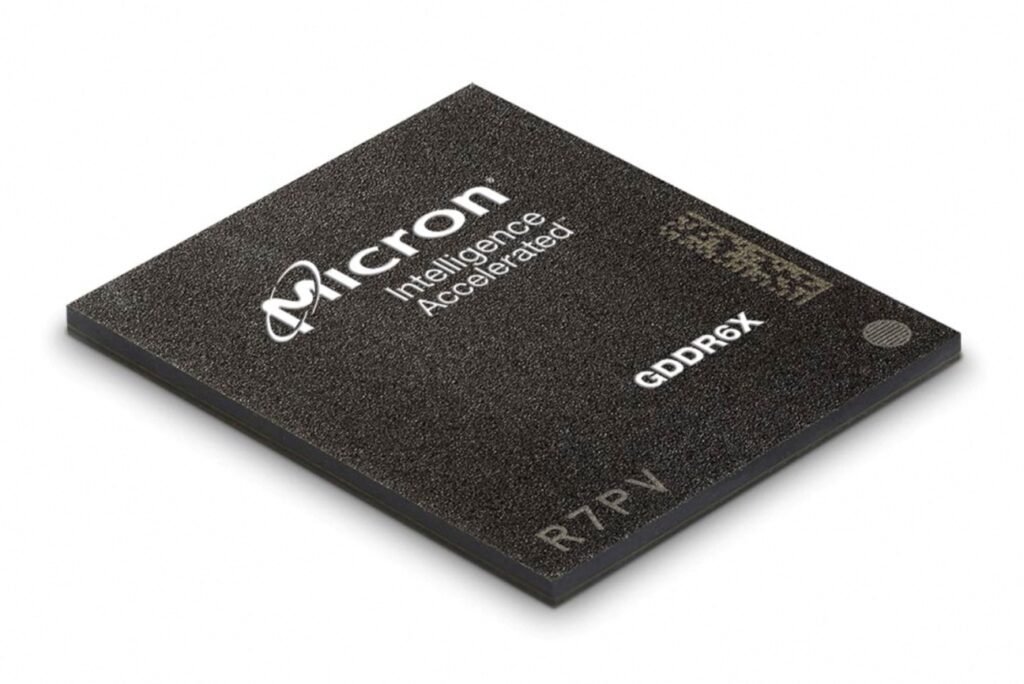Applied Materials plans to establish an engineering centre in Bangalore, India with a total investment of $400 million over four years. The centre will focus on developing advanced technologies for semiconductor manufacturing equipment and is expected to support over $2 billion of planned investments, create new engineering jobs, and generate additional jobs in the manufacturing ecosystem.
Micron Technology, on the other hand, has committed to building an assembly and test facility in India, with an investment of $825 million. The facility will produce DRAM and NAND products, focusing on transforming wafers into integrated circuit packages, memory modules, and solid-state drives. This investment aligns with India’s ambition to become a prominent player in the global semiconductor manufacturing landscape.
These investments not only boost India’s aspirations to become a Silicon superpower but also strengthen its position on the global stage. While India maintains strong strategic ties with Russia, deeper collaboration with the United States in defence, aerospace, and technology sectors offers alternatives to supply chain vulnerabilities and geopolitical risks associated with other nations.
Moreover, the partnerships with Applied Materials and Micron contribute to India’s growing semiconductor industry and its potential to contribute significantly to the global technology ecosystem. The investments highlight India’s attractiveness as an investment destination and its commitment to advancing in the semiconductor sector.
In addition to these investments, the partnership between General Electric and Hindustan Aeronautics Limited to manufacture jet engines for India’s TEJAS MK2, the acquisition of US-made drones from General Atomics, and the collaboration on human spaceflight further strengthen the ties between the United States and India in various sectors, including defence, aerospace, and technology. These collaborations expand India’s capabilities and position on the global stage.


